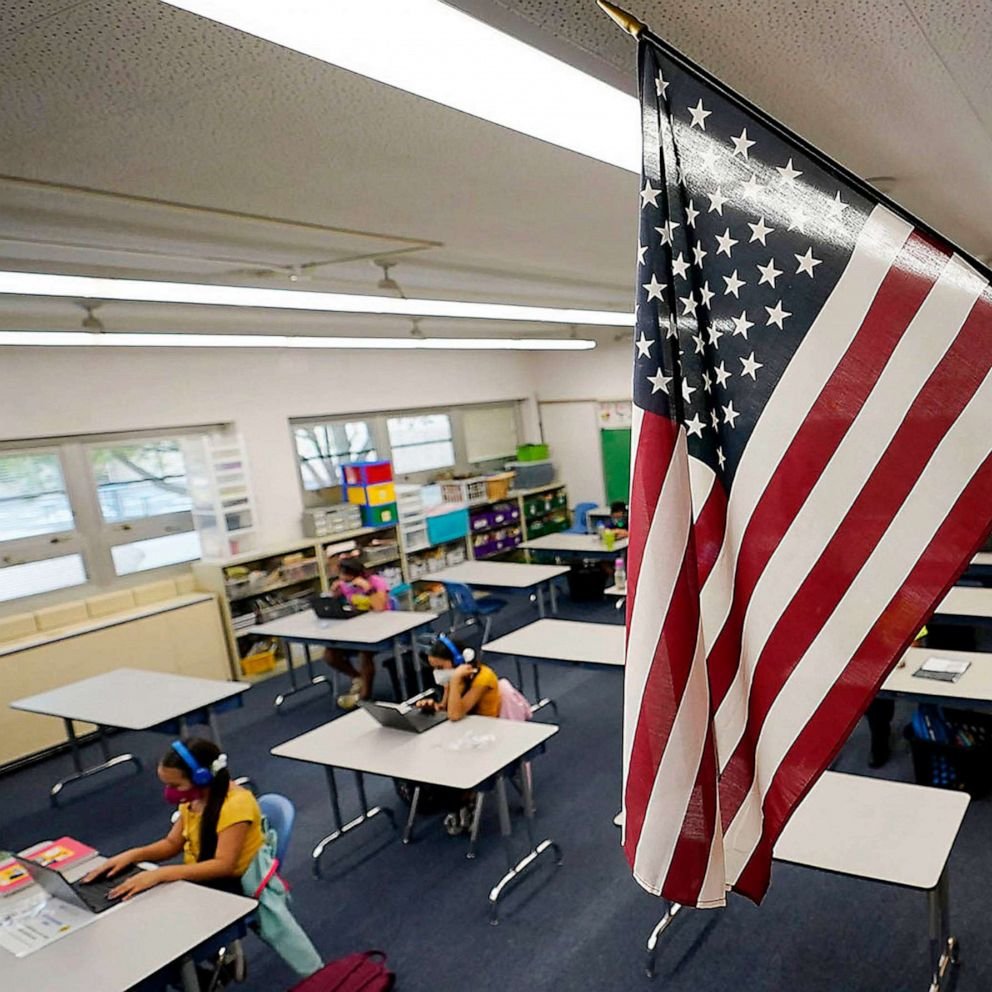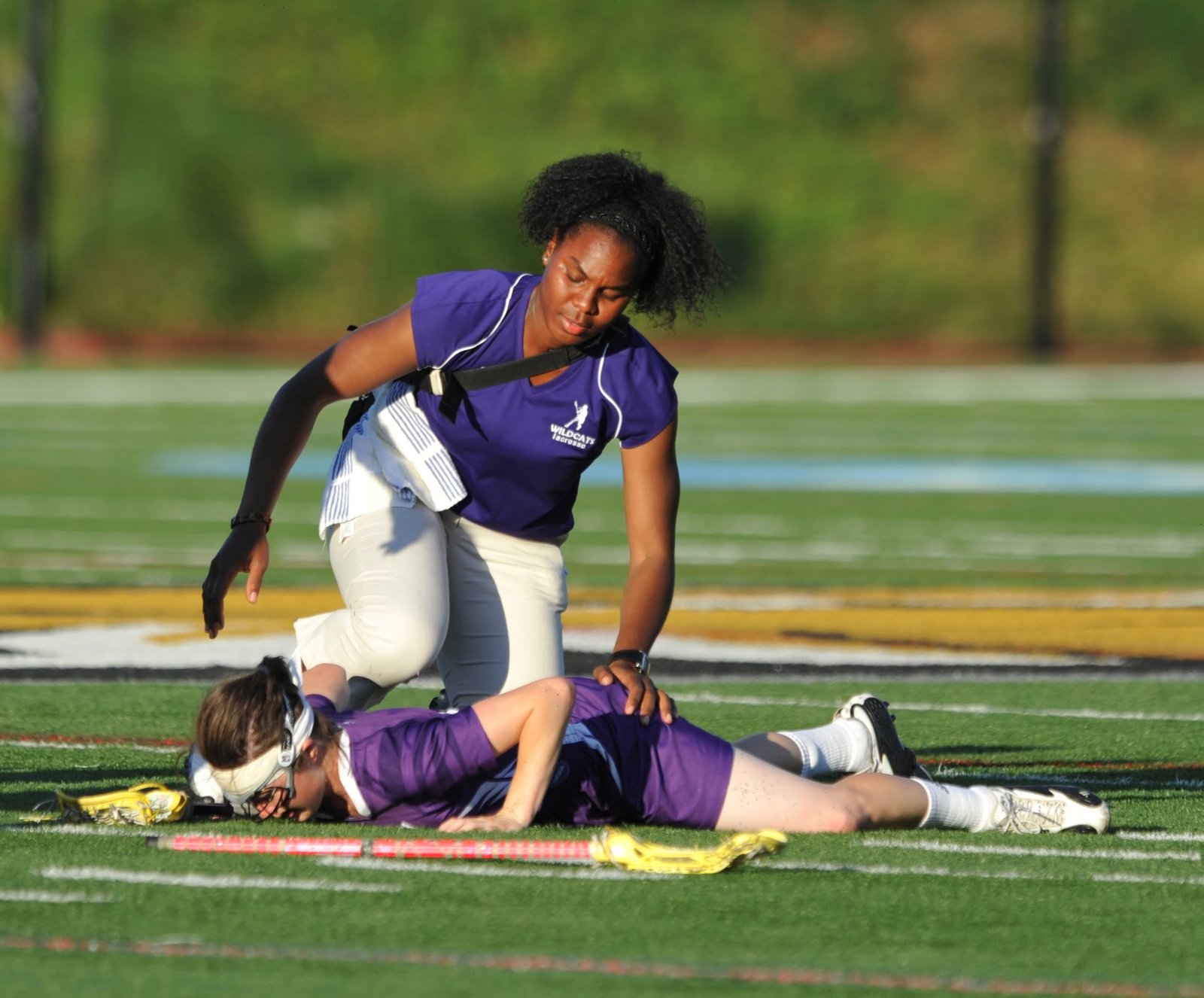
What does a principal do?
The school principal, also known as the headmaster or headteacher, is responsible for running a school’s daily administration. Principals supervise teachers, staff and students; help to develop and approve curriculums; and set the vision for the school. Ultimately, the principal is responsible for providing a safe and productive learning environment for the students.
The school principal’s responsibilities also include:
Hiring teachers and other staff members
Establishing and upholding school codes and policies
Managing the school’s budget and continued funding
Communicating with staff and parents
Maintaining disciplinary policies
Attending functions as the public face of the school
Average salary
Several factors determine a principal’s salary. Among these are the size of the school district and how well funded it is, whether the school is public or private, and the principal’s qualifications and experience. For the most up-to-date salary information from Indeed, click on the salary link.
Common salary in the U.S.: $14.45 per hour
Some salaries range from $7.60 to $22.90 per hour.
Principal requirements
The requirements for becoming a school principal are similar to those of a teacher. However, given the additional demands and responsibilities that come with the job, principals often have more developed skills in education-related areas, such as psychology and administration policy.
Education, training and certifications
Before becoming principals, many candidates earn bachelor’s degrees in education or specific classroom subjects to pursue a career in teaching. Positions for principals often require candidates to have a master’s degree in education or a related field to demonstrate advanced knowledge of student and staff needs.
Many principals begin as teachers and earn at least one to five years of teaching experience before pursuing the next steps in becoming a school principal. Teaching experience in a particular grade or subject demonstrates an understanding of the classroom environment and the challenges faced by teachers. Experience in an administrative or vice-principal position is not always required, but it shows candidates are familiar with the requirements and administrative skills needed to run a school successfully.
For certification and licensure, principals are likely to earn a teaching license and meet certification requirements for the state in which they work. These licenses and certifications require passing an exam to prove knowledge of the classroom and the subject they plan to teach. When advancing into a principal role, candidates may have to pursue other specialized certifications based on the state, region or school district for which they are applying.
Skills
A school principal’s skills combine administration with strong leadership and the ability to work with people, including:
Effective communication skills
As the principal, you will spend a lot of time in meetings with administrators, teachers and parents. You are likely to communicate with students individually and as a group to provide guidance and enforce rules. You may also be called upon to represent the school to the media or at events. You should be able to communicate professionally and in a way that projects a positive image.
Conflict management skills
There may be conflicts between different parties within a school, including between staff members or between students. Your ability to contain and resolve conflict will help maintain a healthy environment for learning.
Leadership skills
You will often need to make decisions that influence the entire school. Teachers and students will also look to you for guidance and motivation.
Multitasking skills
You will likely need to manage different issues every day. This requires the ability to organize your time and handle multiple priorities.
Principal work environment
Principals usually work in an elementary, middle or high school. They work in an office, typically centrally located on the school campus. While school principals have typical office hours, they may also work in the evening and during school holidays. Over the summer, the principal facilitates building maintenance that needs to be done as well as any teacher or staff hiring. They will also use this time to plan for the coming school year, including managing the budget, setting school goals and reviewing the previous years’ successes to find areas of improvement.
How to become a principal
If you are interested in becoming a school principal, these are the steps you need to take:
1. Get a bachelor’s degree.
You will need a college degree to become a teacher. If you plan to teach high school, select a major that fits the subject you would like to teach.
2. Become certified to teach in your local school district.
You will need to research your school district’s requirements for certification. If you are already certified to teach in a different district, find out if your certification is still valid or if you need to recertify.
3. Work as a teacher.
You can spend a few years in the classroom teaching students and gaining hands-on experience handling student concerns. You can also gain more perspective on the challenges faced in the classroom. Working as a teacher while pursuing advanced education or training to become a principal is an effective way to apply practical experience to your studies.
4. If you have the opportunity, take a job as a vice principal.
This is not required, but it provides you some administrative experience. Working alongside the principal will give you special insight into the job.
5. Get a master’s degree in school administration or a related field.
This advanced education provides you additional knowledge of budgeting, policies and student success. You can pair this education with classroom experience to become an effective school principal.
6. Pursue further certifications.
You may need additional licensing to become an administrator. This testing is designed to show you understand budgeting in addition to local laws and regulations.
Principal job description example
We are looking to hire a strong leader to join our high school as principal. The successful candidate will have a master’s degree in education administration or a related field, state certification and at least five years of teaching experience. As principal, you will craft a curriculum and work with teachers to be sure their classroom needs are met. You will also meet with parents and evaluate concerns with student performance. The principal will be expected to attend school events and represent the school to the local community.











